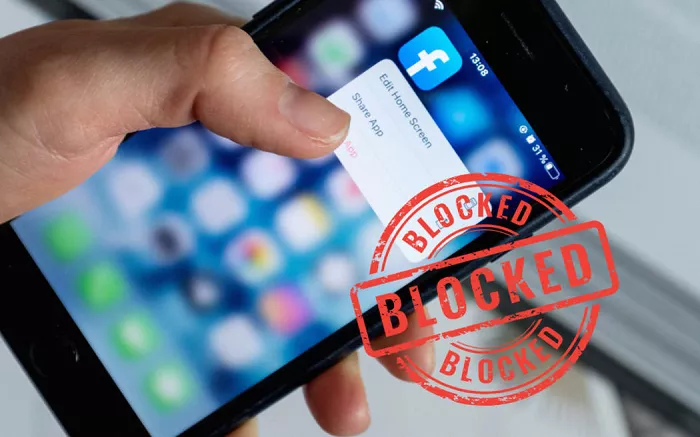The Papua New Guinea (PNG) government has confirmed that it conducted a successful test to block social media platforms, particularly Facebook, for much of Monday.
Police Minister Peter Tsiamalili Jr stated that the test was carried out under the Anti-Terrorism Act 2024 to combat the spread of hate speech, misinformation, and other harmful online content.
Tsiamalili did not disclose the specific technology used but said the operation was conducted in partnership with the Royal Papua New Guinea Constabulary (RPNGC), the National Information and Communications Technology Authority (NICTA), and several internet service providers.
“We are not trying to silence free speech or prevent citizens from sharing their opinions,” Tsiamalili said. “However, the unchecked spread of fake news, hate speech, pornography, child exploitation, and incitement to violence on platforms like Facebook is unacceptable. These issues pose a growing threat to public safety and well-being.”
Despite the government’s explanation, key agencies responsible for communications and ICT, including NICTA, said they were unaware of the test.
“Public confidence in digital governance depends on transparency and consistency in online regulations,” NICTA Chief Executive Kilakupa Gulo-Vui said. “It is crucial for all stakeholders—NICTA, law enforcement, telecom providers, and government agencies—to work together to ensure actions are properly coordinated and understood.”
Gulo-Vui acknowledged the importance of national security but emphasized the need to balance safety with digital freedoms. He said NICTA will discuss the matter with the Minister for ICT to ensure that future decisions align with the government’s broader policies while maintaining a unified approach to digital regulation.
Department of Information Communication and Technology (DICT) Secretary Steven Matainaho also stated that his department was not informed of the test. However, he acknowledged that police have authority under the new anti-terrorism laws.
PNG’s recently introduced anti-terror laws aim to address both domestic and international security threats. However, critics argue that the test signals a move toward authoritarian control.
Lucas Kiap, who observed Monday’s events, said while tackling hate speech and exploitation is necessary, the government’s approach raises concerns about overreach.
“Where is PNG headed? If the government continues down this path, it risks trading democracy for control,” Kiap said.
Despite the social media blackout, many users quickly found ways to bypass the restriction by downloading and using Virtual Private Network (VPN) apps to continue accessing Facebook.
“Hello from Poland,” one user wrote, highlighting how VPNs allowed them to evade the blockade.
Concerns Over Expanding Government Powers
East Sepik Governor Allan Bird criticized the government’s actions, arguing that the anti-terrorism law grants too much power to the Police Minister.
“During the debate on the anti-terrorism bill in parliament, I warned that the law was too broad and could be used against innocent people,” Bird wrote on Facebook.
He claimed that government MPs dismissed his concerns before passing the bill.
“Yesterday, the Police Minister used the anti-terrorism act to shut down Facebook. That was just a test—step one,” Bird said. “There are no limits to the powers the Minister of Police can now exercise under this law. It is a draconian measure designed to take away our freedoms.”
Bird warned that PNG was entering “dangerous territory” and that citizens may be powerless to stop further government overreach.
Related topics:

